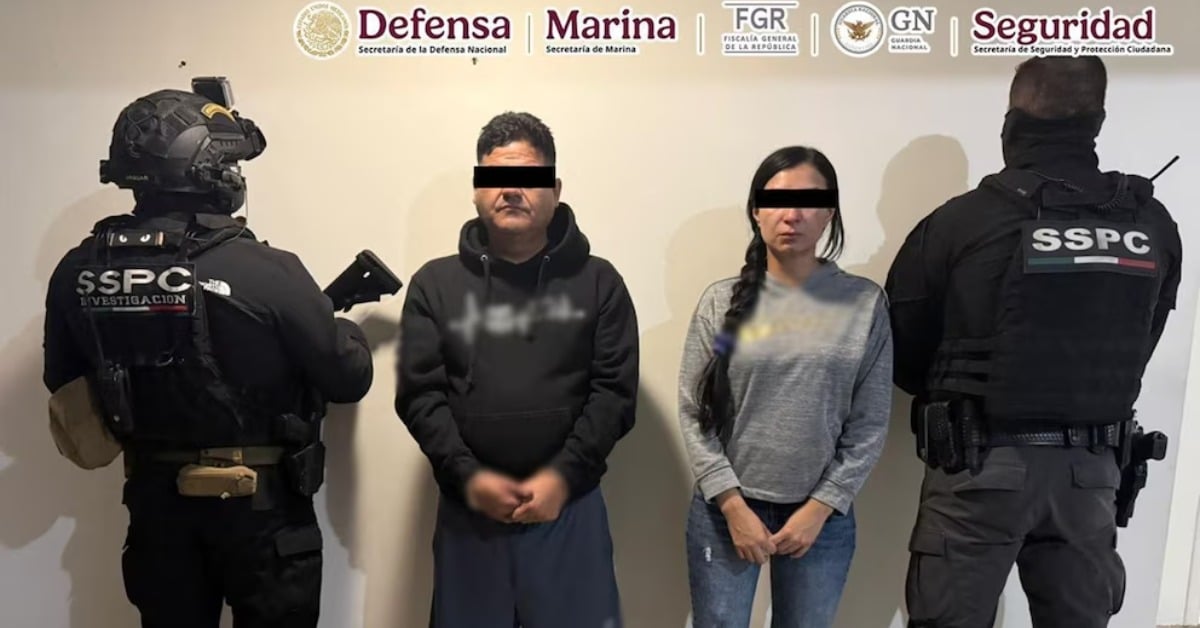Federal agents arrest Los Aquiles operator in Tijuana; ties to Sinaloa Cartel’s Los Mayos and sanctioned Arzate García brothers highlighted . . .

Federal agents arrest Los Aquiles operator in Tijuana; ties to Sinaloa Cartel’s Los Mayos and sanctioned Arzate García brothers highlighted . . .
